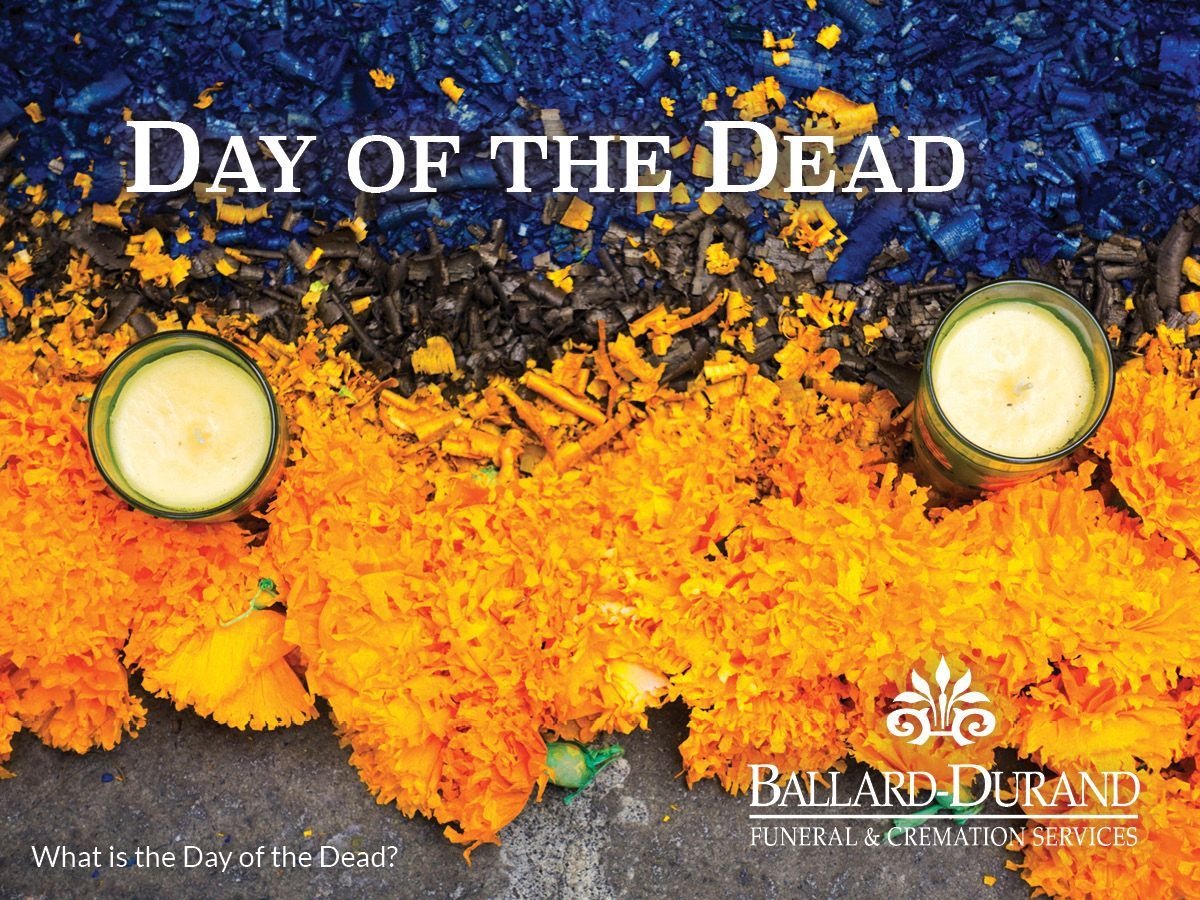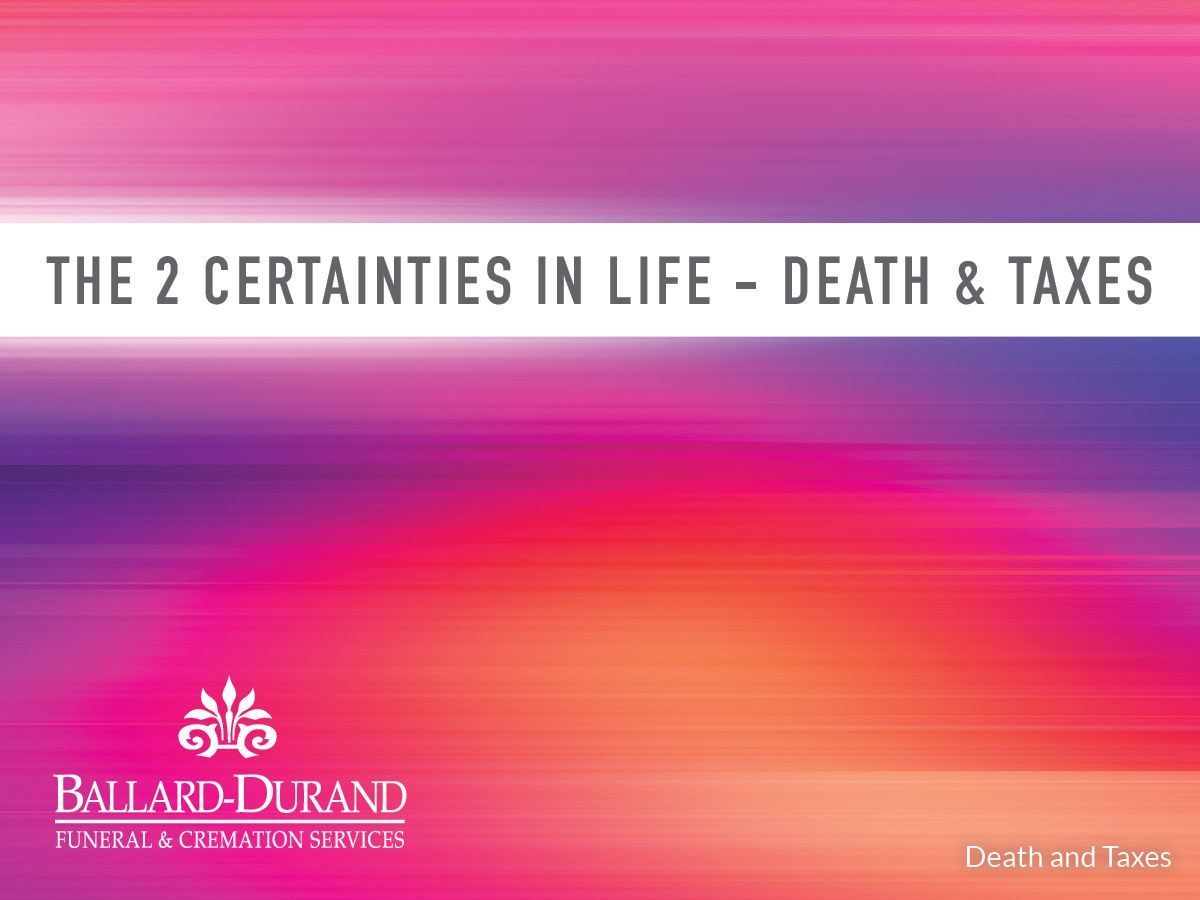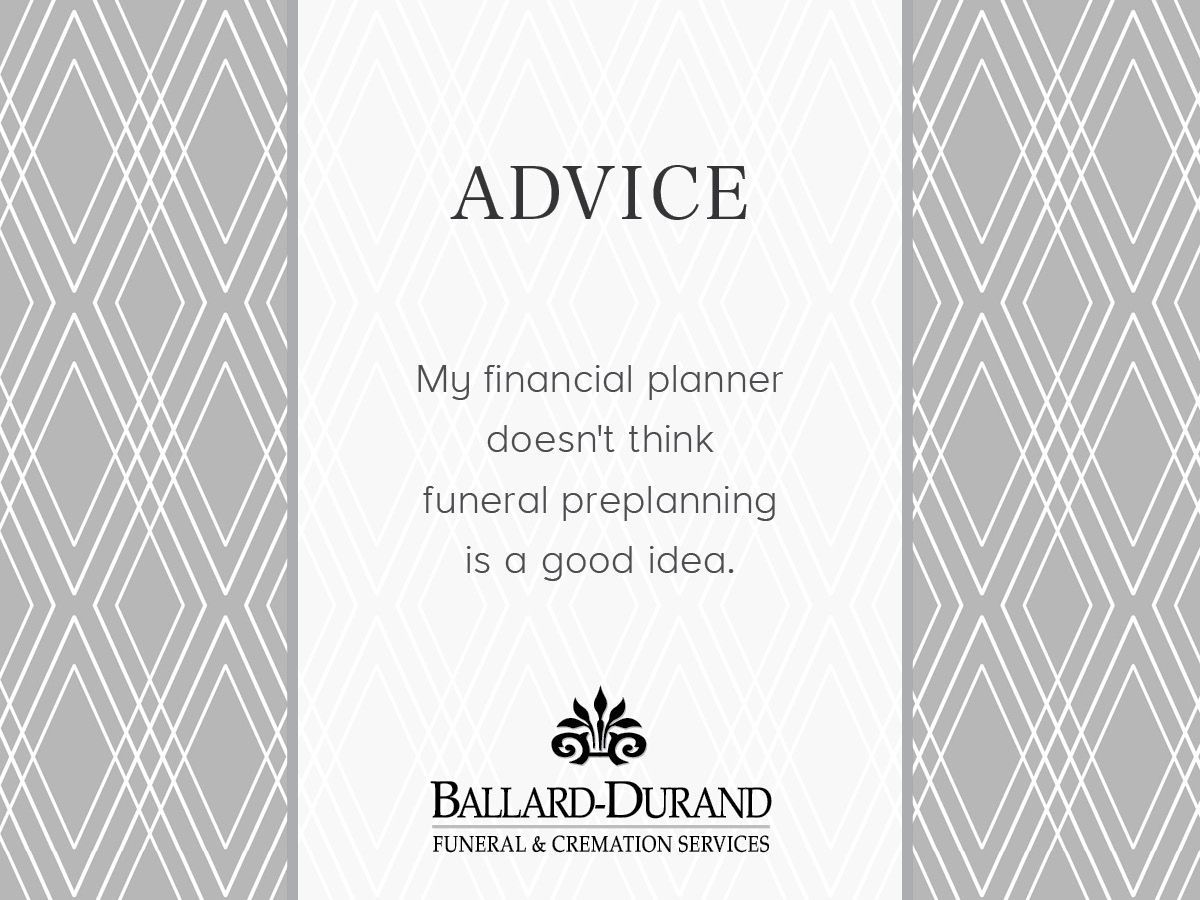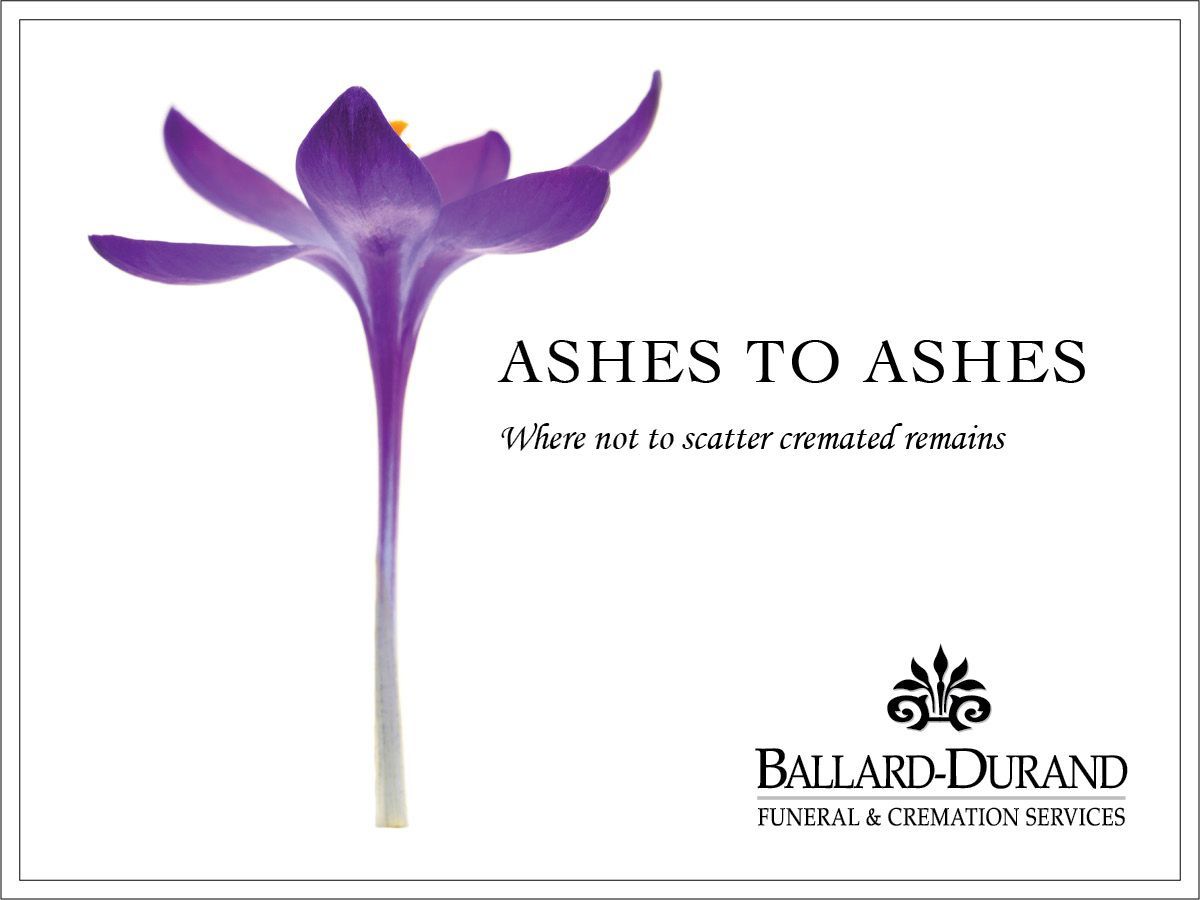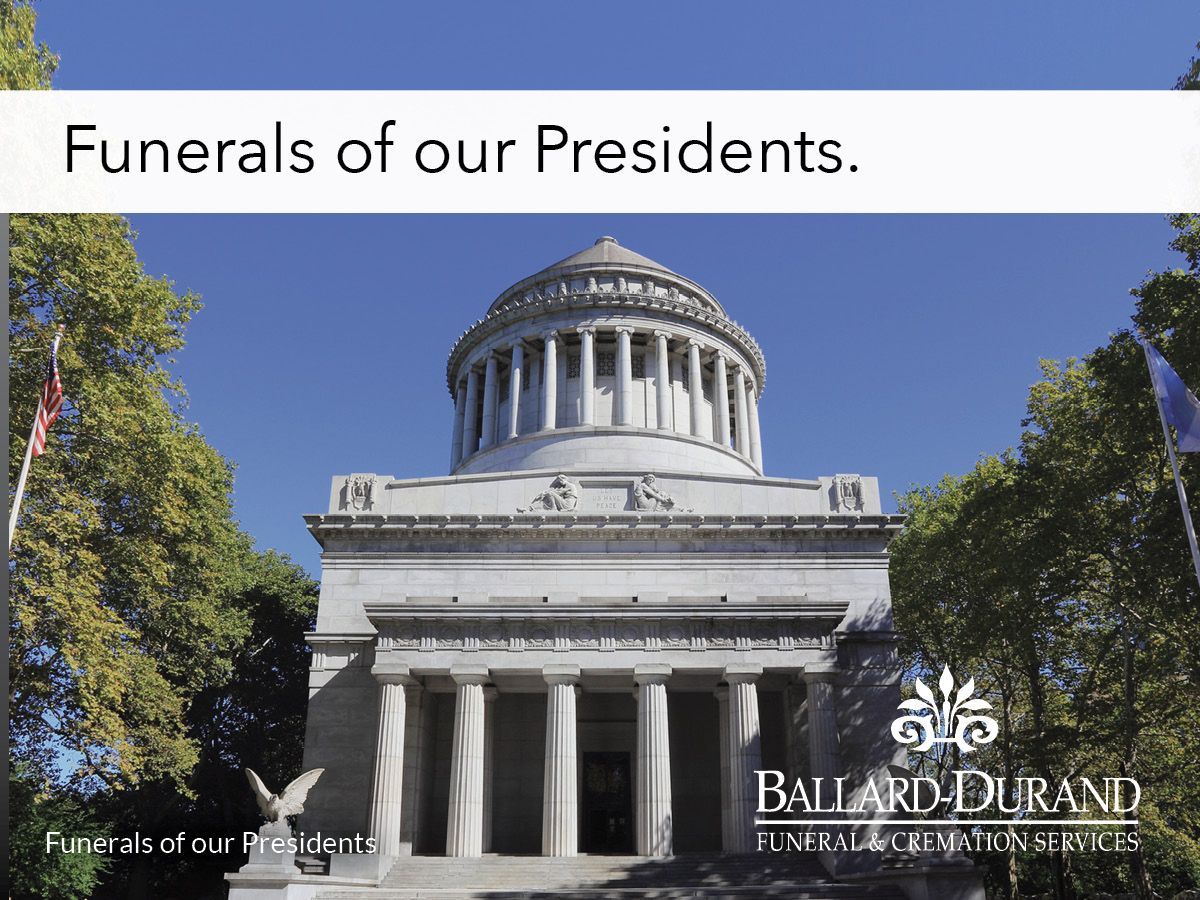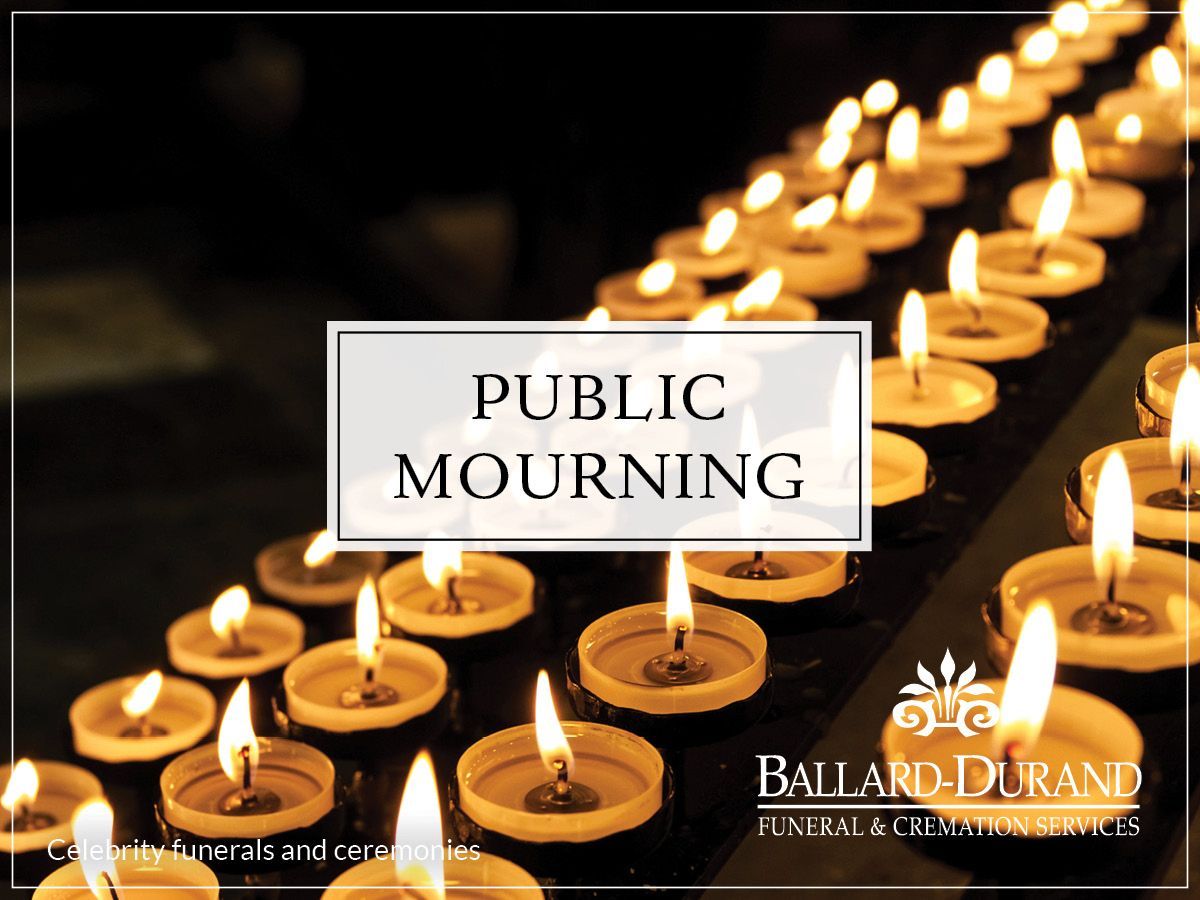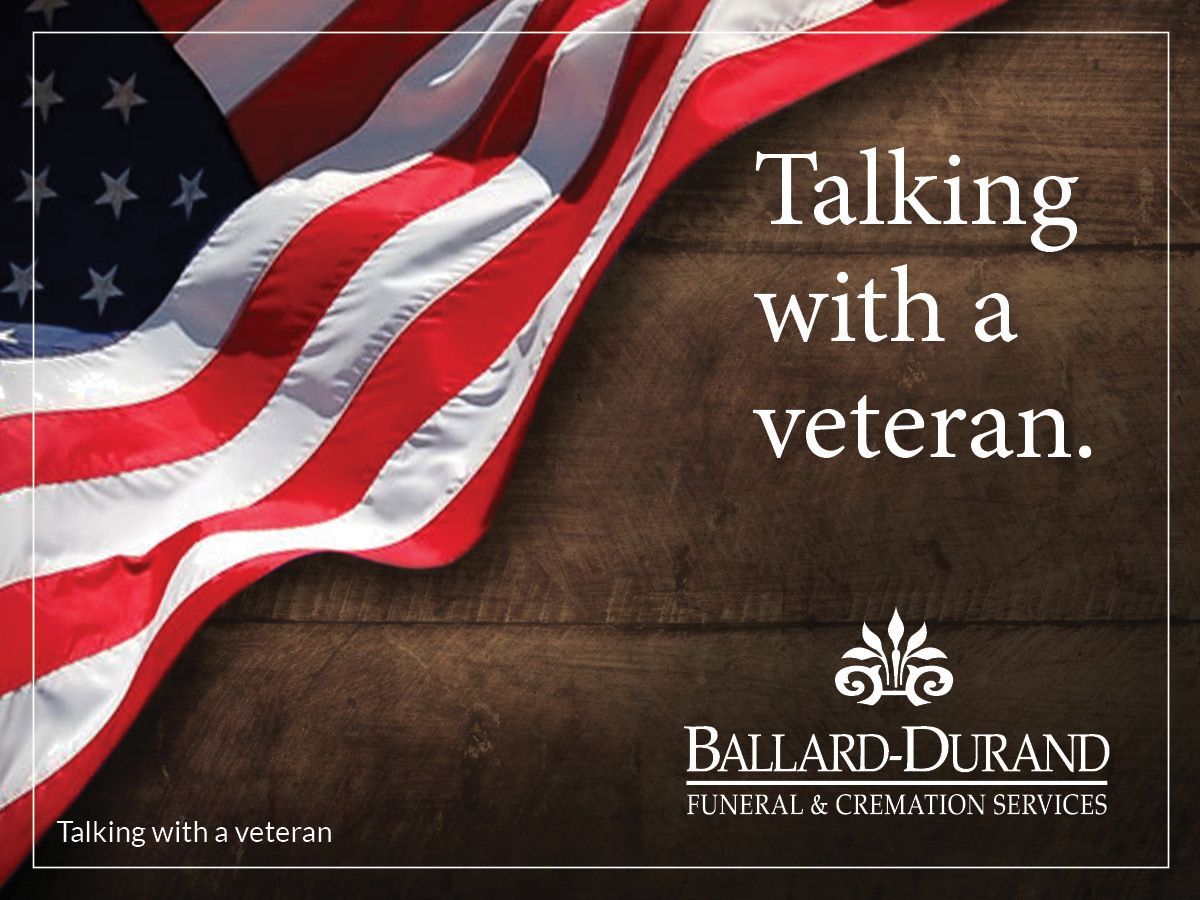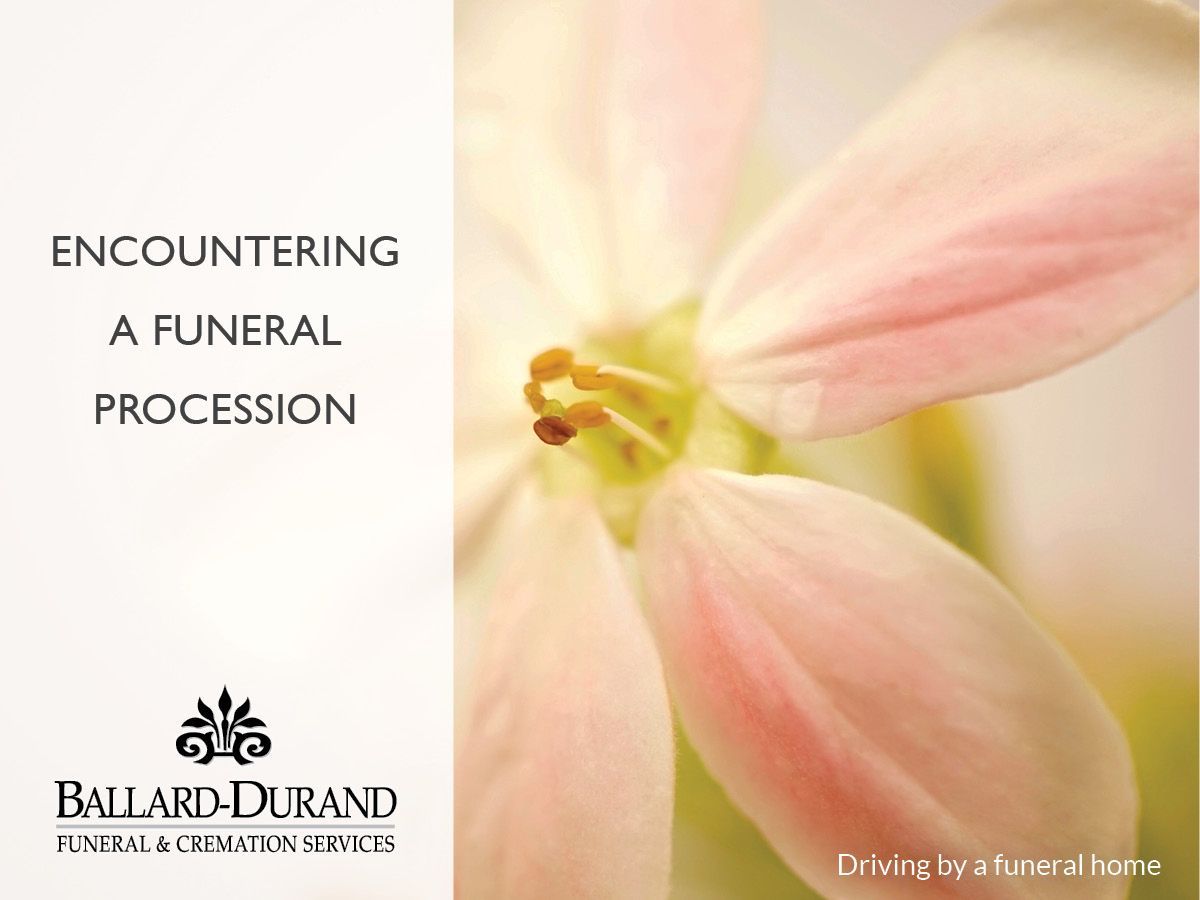Grief During the Holiday Season
Making it through Christmas
What does Christmas mean to you? For many people, it's a joyous time of year, a time to celebrate family and friends, and a time to be grateful for life's blessings, remembering important days gone by and rejoicing in the present moment. For others, though, Christmas is a painful season, when the vacant spaces left by lost loved ones make them wish the holidays would pass quickly. How do you celebrate Christmas, when you don't feel like celebrating anything?
- Don't cancel Christmas. It may be tempting to hide away from the holiday, but you'd be doing yourself a disservice. Instead, decide how you want to celebrate it, and let your loved ones know about changes you plan to make. You may want to get away entirely, maybe taking a vacation this Christmas, or you may be comforted by familiar traditions. Everyone grieves differently, and how you choose to spend your holiday is yours to determine.
- Keep the world out if that's what you need. Even for people in good spirits, the commercialism and constant cheer of Christmas can be a bit wearing. If you're grieving, it's likely to be nearly unbearable. Take some quiet time, to do something you enjoy, without any interference from the outside world. Maybe that's doing some holiday baking, maybe it's reading a book and listening to your favorite music, or maybe it's something completely unrelated to Christmas, like going for a pedicure or facial, taking a walk, or seeing a movie. The important thing is to find a way to relax and enjoy yourself.
- Don't expect perfection. You may have hosted a Pinterest worthy Christmas meal every year in your home, and your decorations may have been the best of anyone you know, but this year, it might be time to let some things go. Put up a tree, or don't. Make a big meal, or delegate it to someone else, or don't have it at all! Shop for the perfect gifts, or give everyone gift cards you ordered online. It may help you to do the things you've always done, or it may benefit you to go for whatever is easiest. There's no wrong answer, but don't put pressure on yourself to live up to the "perfect" Christmas.
- Let people in. Talk to your friends and family members about how you're feeling. Spend time with your favorite people, and accept offers of help and support. While it's certainly fine to turn down invitations you think will be stressful or painful, it's also important to feel connected with other people. Sharing your feelings and memories with those you love can help you begin to heal.
We hope that your Christmas this year will be meaningful. That's why we offer assistance to those who have lost a loved one, through grief counseling, support groups, recommended reading, and services of remembrance. If there's any way we can help you this Christmas, as you work your way through a difficult time, please don't hesitate to contact us.
